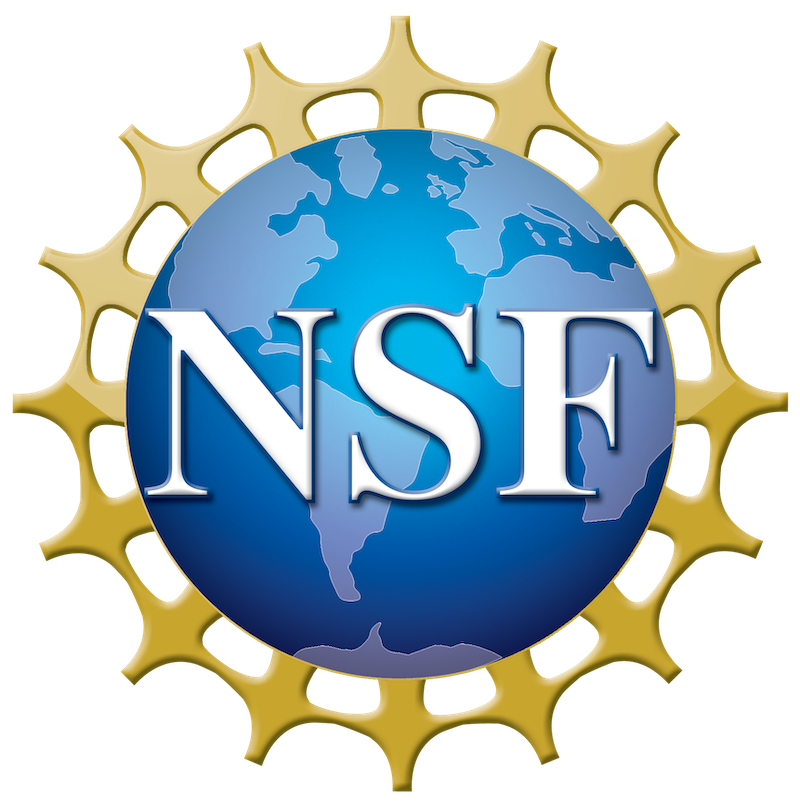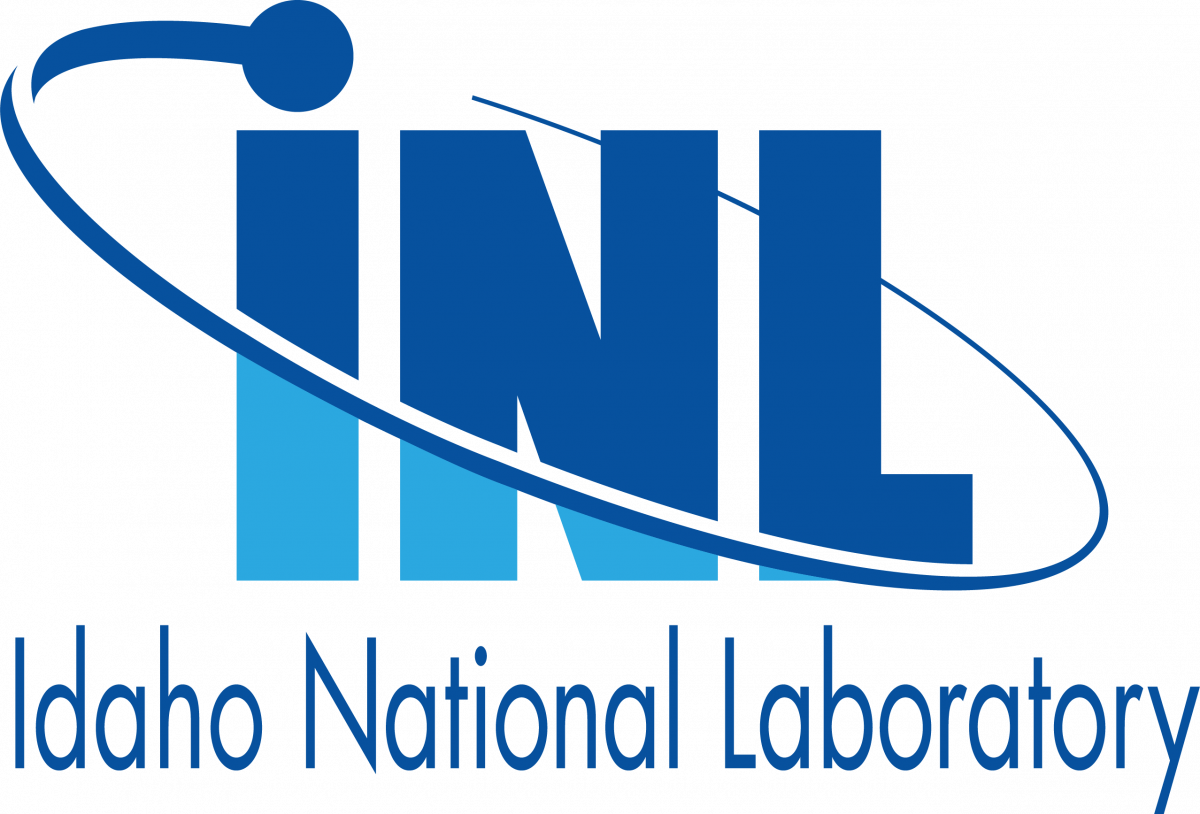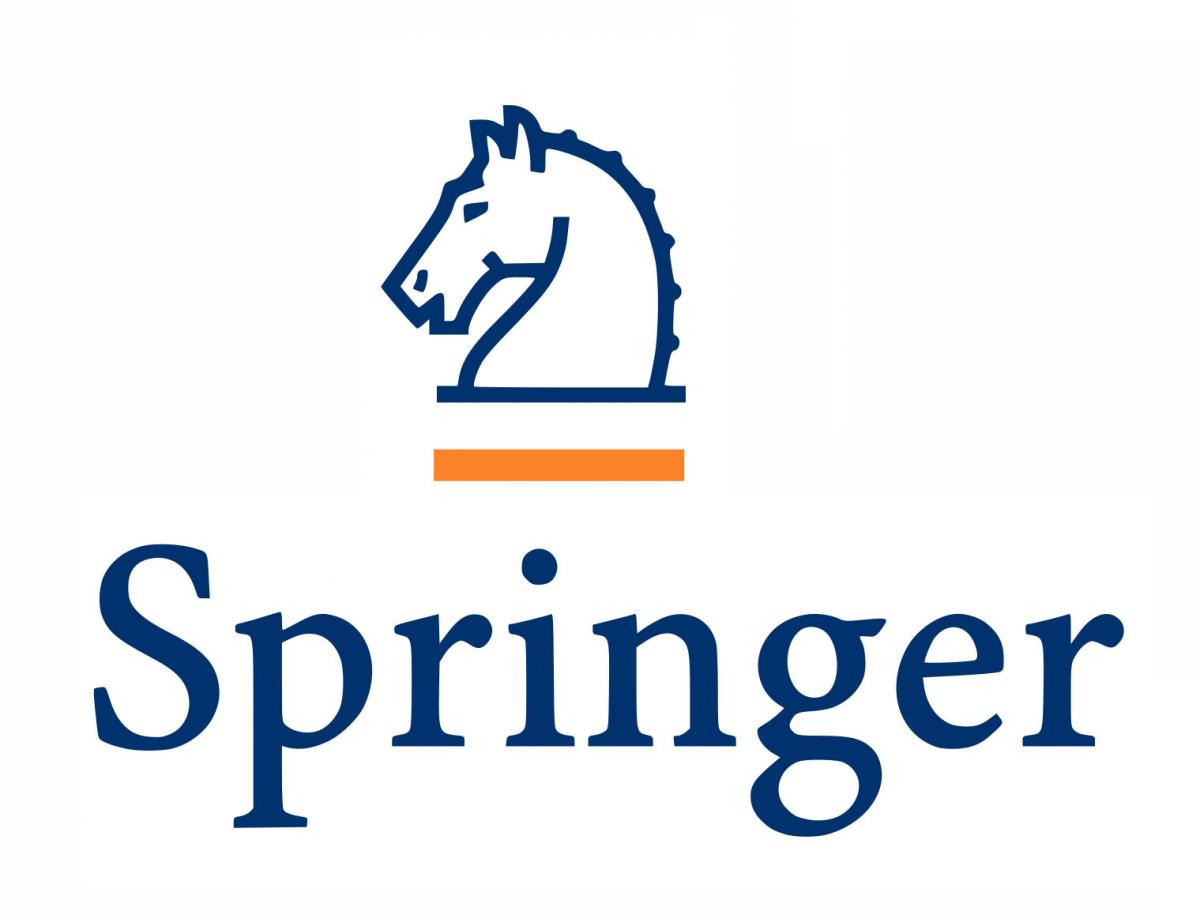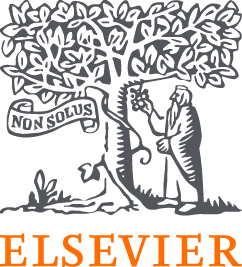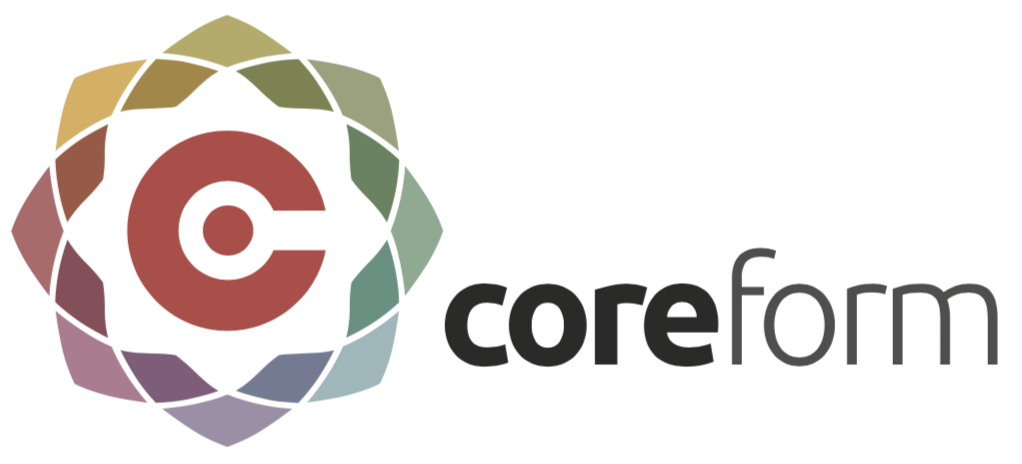This short course will provide an introduction to multi-fidelity methods for uncertainty quantification that can be used to optimally balance the allocation of computational resources among models with varying accuracy and cost. Multi-fidelity methods combine a limited number of high-fidelity model runs, used to maintain predictive accuracy of complex fine scale phenomena, with a larger number of evaluations of (possibly multiple) lower fidelity models, which allow greater exploration of the model uncertainty space. The course will begin with a introduction to UQ using a single high-fidelity model, then incrementally introduce multi-fidelity methods of increasing complexity that address the various challenges of single-fidelity UQ. We will cover important theoretical and practical aspects of each method introduced. The main focus of the course will be on sampling methods, i.e. methods that can be derived from Monte Carlo. Nevertheless, a brief introduction to surrogate-based MF approaches will also be included to provide the students with a basics understanding of the literature. At the end of the short course, we hope each student will walk away with the understanding and access to tools to immediately begin applying multi-fidelity methods to their problem of interest.
Course Audience
Graduate students, postdocs, computational scientists interested in applying uncertainty quantification for non-trivial computational problems and applications
Prerequisites
Knowledge of uncertainty quantification is not required
Software
Solution to exercises will be provided in Python (participants could use any software during the numerical sessions, e.g., Matlab, R, etc.), however the Python-based software PyApprox (https://sandialabs.github.io/pyapprox/index.html) will be used for most of the tutorials. The participants are encouraged to familiarize with it, but this is not required to participate – The solutions to all problems will be discussed and the participants will be able to complete the exercises at their own pace, after the course.
Course Material
Material will be provided to the participants in advance. Tutorials will be supported by simple Python scripts. PyApprox tutorials will be provided during the course.
Course Outline
Session 1 (2 hrs)
- Opening remarks, logistics
- Introduction to Uncertainty Quantification
- Brief overview of forward UQ approaches
- Sampling-based approaches: Monte Carlo and control variate
- Numerical demonstrations (30 min): sampling-based approaches in action
Break (45 min)
Session 2 (2 hrs)
- From one model to multiple low-fidelity models: how can we apply the concept of control variate to realistic scientific and engineering models? This session will cover several estimators from Multilevel Monte Carlo to Multi-fidelity Monte Carlo and Approximate Control Variate
- Numerical demonstrations (30 min): MF sampling-based approaches in action
Break (45 min)
Session 3 (2 hrs)
- Brief intro on MF surrogate based approaches (1 hr)
- Advanced topics on MF UQ: challenges, open questions and recent trends (30 min)
- Numerical demonstrations (30 min): MF surrogate-based approaches in action


